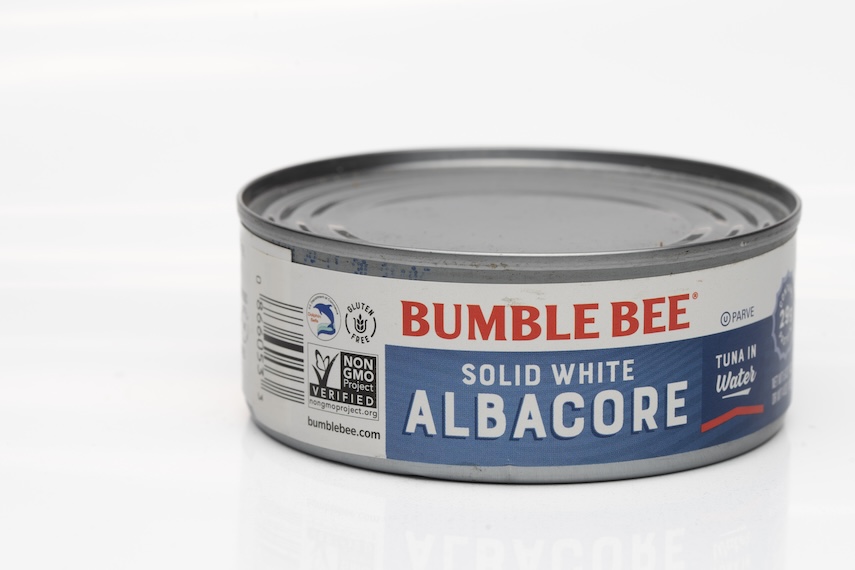Bumble Bee Foods is the target of a new lawsuit brought by individuals alleging they were the victims of forced labor and human trafficking in the company’s supply chain. The individuals initially applied to work as fishermen on longline fishing vessels used by Bumblebee suppliers of tuna. The Plaintiffs allege that they were held at sea against their will, subject to physical abuse, and denied medical care for life-threatening injuries. While the vessel was not operated by Bumble Bee directly, the Plaintiffs argue that the company knew or should have known of the conditions – writing in their Complaint:
“Allegations of forced labor in Bumble Bee’s supply chain have been publicly reported and are known to Bumble Bee. In 2016, Greenpeace USA released a report entitled ‘Sea of Distress,’ which analyzed American food companies’ connections to labor abuses and illegal fishing in the seafood supply chain and rated them on social responsibility. Bumble Bee received a failing grade, and the report warned that tuna consumed in the United States was potentially linked to ‘forced labor and egregious human rights abuses.’ The same report also recounted allegations of forced labor on tuna vessels, including debt bondage, workdays up to 22 hours, wage theft, physical abuse, and violence, and it highlighted the role transshipment plays in enabling these abuses.”
The Complaint goes on to list various reports and actions taken by Greenpeace and other NGOs between 2016 and 2023 all attempting to call attention to conditions in Bumble Bee’s supply chain. Despite these warnings, Plaintiffs allege that Bumble Bee declined to address forced labor in its supply chain. This case is reminiscent of Chiquita case I wrote about last summer, in that it involves foreign nationals bringing action against US based companies in US courts. However, the Plaintiffs in the Bumble Bee case likely have a stronger argument as their standing is based on the Trafficking Victims Protection Act and not the Alien Torts Statute.
Our members can learn more about supply chain due diligence here.
If you aren’t already subscribed to our complimentary ESG blog, sign up here for daily updates delivered right to you.
Photo credit: kmlPhoto – stock.adobe.com










